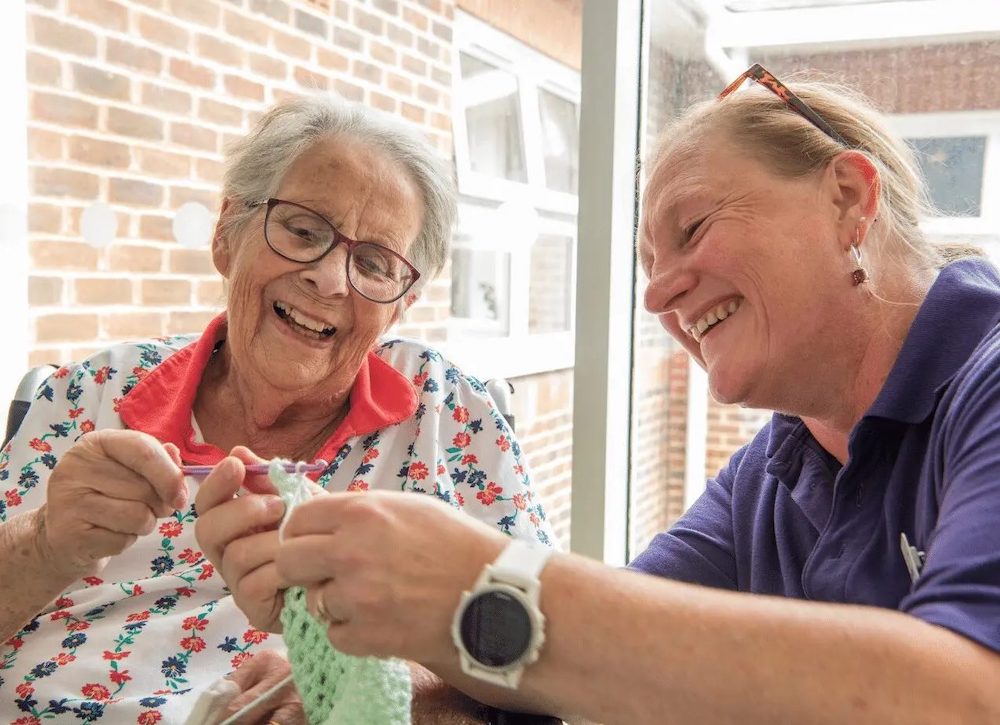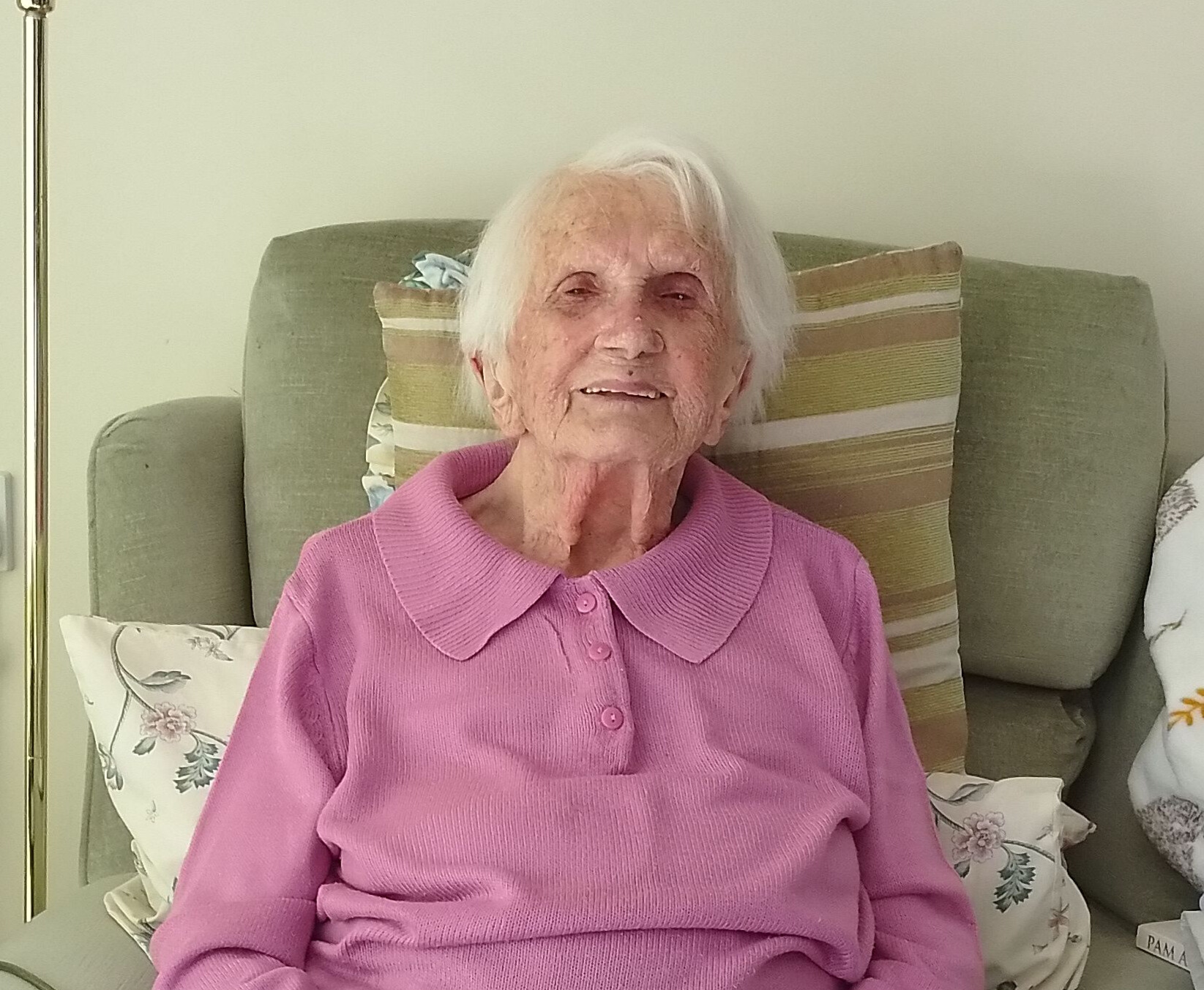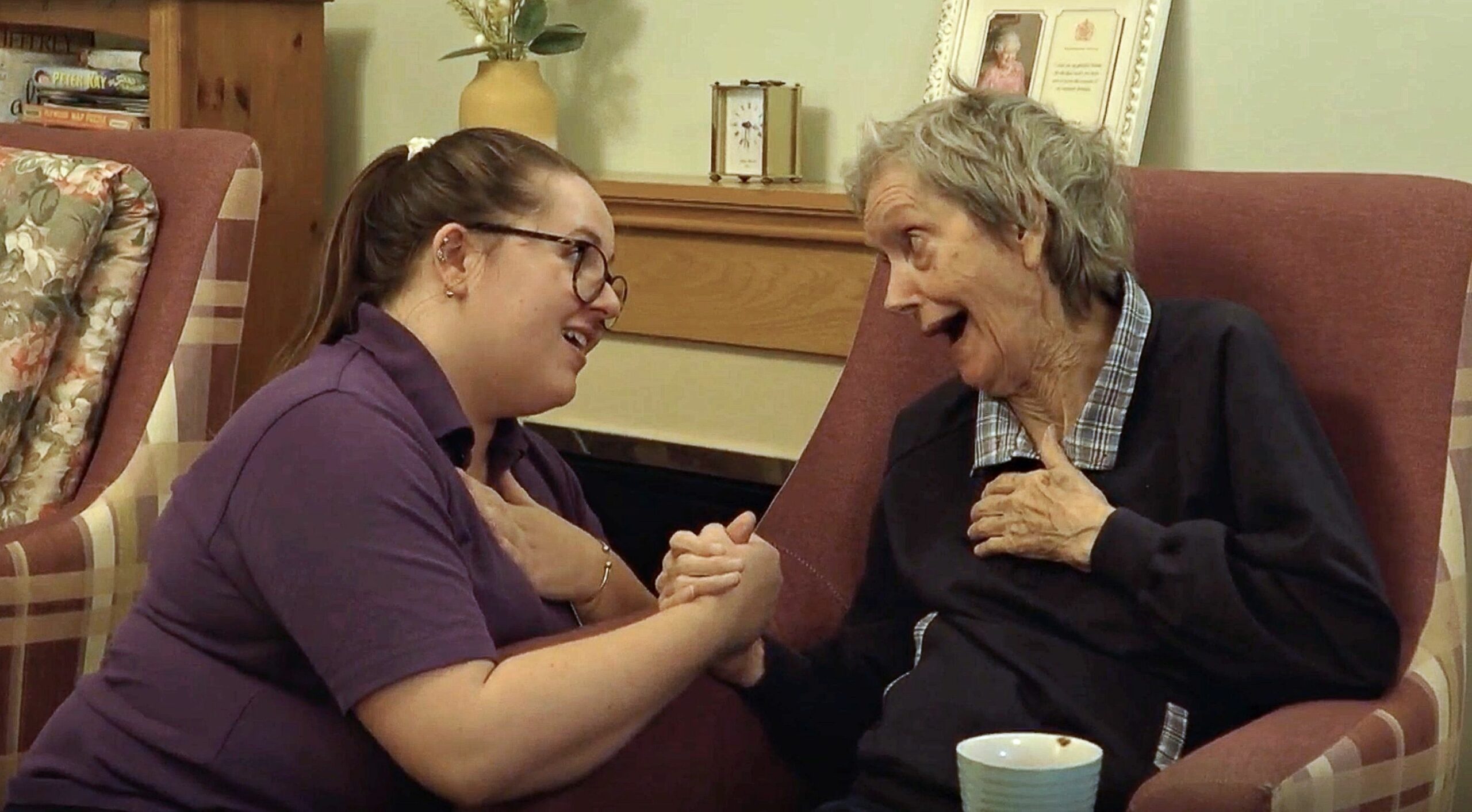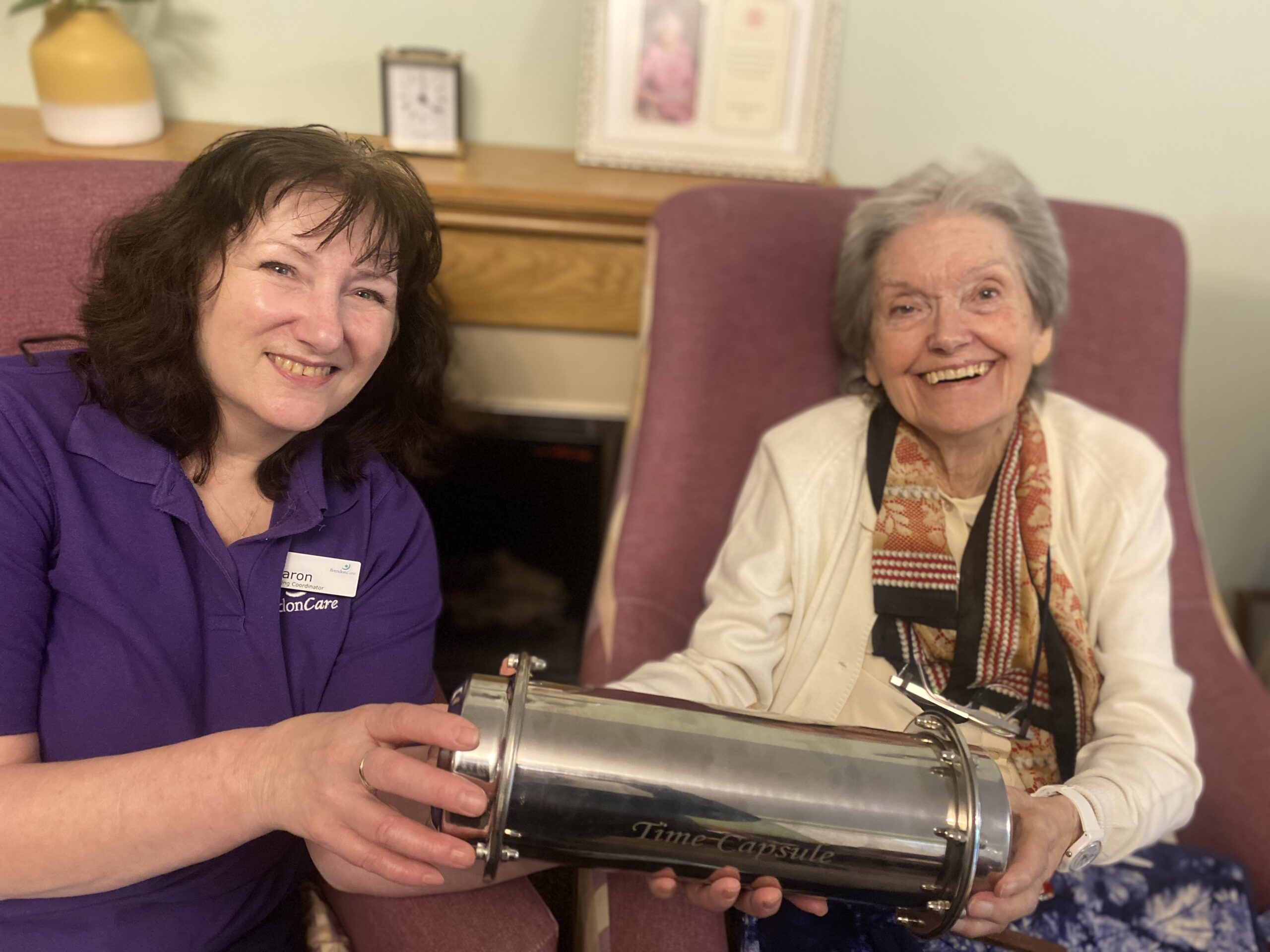Types of care and why they are important
Planning and finding the right level of care support for a loved one can be daunting and starts with understanding the different options available. In this blog, we look at the types of care available and how they differ to help you make the right choice.
Support from family and friends for older loved ones can only go so far and there may come a time when it is necessary to consider other care and accommodation options.
When this becomes necessary, the first step is to apply for a needs assessment from your local council. This assessment will determine what is needed to ensure your loved one can live as safely and independently as possible. The council’s recommendations could be anything from home adaptations and support in an individual’s own home, to moving to more appropriate housing or to a care home.
Brendoncare offers extra care housing, sometimes called assisted living, and also has seven care homes providing different types of care. There are many benefits of liviing in a care home such as 24 hour care, nutritious food, support with medication, meeting new friends and participating in different activities – all without the stress of looking after a home. An individual’s health and wellbeing often improves after they move into a care home. It also lifts the stress from informal care givers who can enjoy visiting rather providing practical support.
There are four main types of care:- residential, nursing, respite and dementia. Care homes also offer end of life (palliative) care.
Residential Care
Residential care takes away the stresses and strains of running your own home with support always on hand to provide help with everyday tasks. It allows you or your loved one to maintain as much independence as required, whilst living in a safe environment with the reassurance of having staff close by 24 hours a day. Residential care offers many other benefits such as specialist care, activities and home-cooked nutritional meals.
At Brendoncare, we have two residential homes in Hampshire: Knightwood in Chandlers Ford, and Meadway in Winchester.
Nursing Care
Nursing care is similar to residential care, but with round-the-clock access to a registered nurse. People who need nursing care include those with more complex mental or physical disabilities, or long term health conditions.
At Brendoncare, we currently have five homes that provide nursing care:
“Nothing was too much trouble, and I know my mum was getting the best care possible.”
Son of Brendoncare resident
Respite Care
Respite care can provide opportunities for both caregiver and care receivers to take a break. It can also be used for a period of convalescence, perhaps after an illness or hospital stay. Being in a different environment provides a change of scenery, an opportunity to meet new people and take part in activities they might not usually do.
Caring for a loved one can be a demanding, full time job that sometimes leads to caregivers putting their loved one first, and dismissing their own health and wellbeing. Respite breaks allow caregivers to have some time to themselves so they can look after their own physical and mental health.
At Brendoncare, we offer respite care across all our care homes. If you chose respite care with us, you and your loved one will receive a warm welcome, have personalised care and assistance and will be invited to events and activities, ranging from exercise and music to crafts and quizzes.
Dementia Care
Dementia care is high quality, 24-hour care provided by dedicated staff in a safe environment. As dementia is a progressive condition, over time, your loved one may require higher levels of support. Buildings are safe and frequently designed with dementia-friendly features and facilities. Bedrooms are often arranged in households to create a homely feel. Activities and wellbeing sessions are appropriate for those with memory loss. Often, there is specialist equipment and technology that will sensitively care for those living with dementia. Staff also provide support and reassurance to families.
For those living with dementia, routine can be important. We cater for this by maintaining routines in the home, such as arranging regular meal times. Our staff are trained to take a person-centred approach, encouraging residents to pursue their personal hobbies and interests, although everything is optional.
We offer dedicated dementia care at:
“Excellent care provided by professional, dedicated, caring and empathetic staff.”
Nephew of Brendoncare resident
When looking for a care home, affordability is a consideration and as a charity, Brendoncare offers a Care for Life promise. This is a charitable top-up to care fees and ensures that once residents are accepted in one of our homes, they will never be asked to leave due to lack of funds. This is often of enormous relief and comfort to both people seeking care and residents already living with us.
To find our more, please contact us by calling 0300 303 4866 or email homes@brendoncare.org.uk. Our friendly team will be delighted to help you decide on the best type of care for your loved one.









